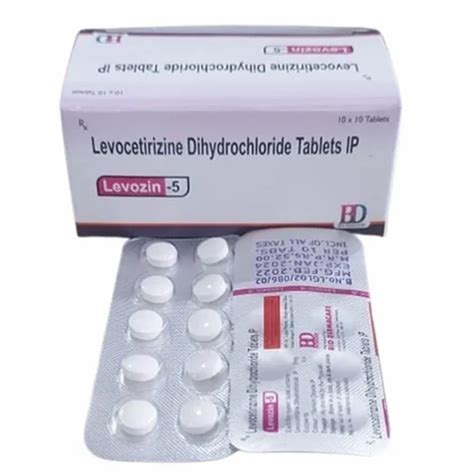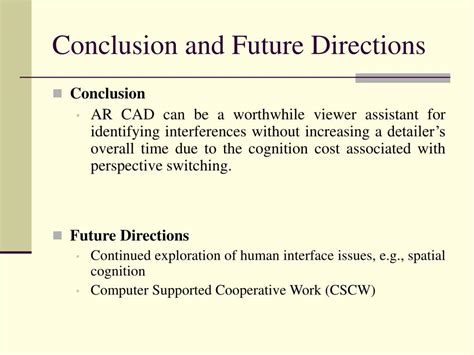Intro
Discover Levocetirizine uses and benefits for allergic relief, including treating hives, itching, and sneezing, with its antihistamine properties and non-drowsy formula.
Levocetirizine is a medication that has gained significant attention in recent years due to its effectiveness in treating various allergic conditions. As a non-sedating antihistamine, levocetirizine has become a popular choice among healthcare professionals and patients alike. In this article, we will delve into the uses and benefits of levocetirizine, exploring its mechanisms, advantages, and potential side effects.
The importance of understanding levocetirizine lies in its ability to provide relief from debilitating allergic symptoms, improving the quality of life for millions of people worldwide. Allergic reactions can range from mild to severe, and levocetirizine has been shown to be effective in treating a wide range of conditions, including allergic rhinitis, urticaria, and atopic dermatitis. By examining the uses and benefits of levocetirizine, we can gain a deeper understanding of its role in modern medicine and its potential to revolutionize the treatment of allergic disorders.
As we explore the world of levocetirizine, it becomes clear that this medication has undergone extensive research and testing, resulting in a wealth of information on its safety and efficacy. The benefits of levocetirizine are numerous, and its ability to provide long-lasting relief from allergic symptoms has made it a staple in the treatment of various conditions. Whether you're a healthcare professional or simply looking to understand more about levocetirizine, this article aims to provide a comprehensive overview of its uses, benefits, and potential side effects.
What is Levocetirizine?

How Does Levocetirizine Work?
The mechanism of action of levocetirizine involves the selective blockade of H1 histamine receptors, which are located on the surface of various cells, including mast cells, basophils, and eosinophils. When an allergen enters the body, it triggers the release of histamine from these cells, leading to the activation of H1 receptors and the subsequent allergic response. Levocetirizine binds to the H1 receptors, preventing the action of histamine and reducing the symptoms associated with allergic reactions.Uses of Levocetirizine

Benefits of Levocetirizine
The benefits of levocetirizine are numerous, and its ability to provide long-lasting relief from allergic symptoms has made it a popular choice among patients and healthcare professionals. Some of the benefits of levocetirizine include: * Fast onset of action: Levocetirizine has been shown to start working within 1-2 hours of administration, providing quick relief from allergic symptoms. * Long-lasting relief: Levocetirizine has a long half-life, providing relief from allergic symptoms for up to 24 hours. * Non-sedating: Unlike some other antihistamines, levocetirizine is non-sedating, making it a good choice for patients who need to remain alert and focused.Side Effects of Levocetirizine

Precautions and Contraindications
Levocetirizine is generally well-tolerated, but there are certain precautions and contraindications that need to be considered. These include: * Pregnancy and breastfeeding: Levocetirizine should be used with caution in pregnant and breastfeeding women, as its safety has not been fully established. * Kidney and liver disease: Patients with kidney or liver disease should use levocetirizine with caution, as it may accumulate in the body and cause adverse effects. * Interactions with other medications: Levocetirizine may interact with other medications, such as sedatives and antidepressants, and patients should be aware of these potential interactions.Conclusion and Future Directions

Final Thoughts
As we reflect on the uses and benefits of levocetirizine, it becomes clear that this medication has the potential to revolutionize the treatment of allergic disorders. With its fast onset of action, long-lasting relief, and non-sedating properties, levocetirizine is an attractive option for patients seeking relief from debilitating allergic symptoms. As research continues to advance our understanding of levocetirizine, it is likely that this medication will remain a valuable tool in the management of allergic conditions.We invite you to share your thoughts and experiences with levocetirizine in the comments below. Have you used levocetirizine to treat an allergic condition? What were your experiences with this medication? Share your story and help others understand the benefits and potential side effects of levocetirizine.
What is the recommended dosage of levocetirizine?
+The recommended dosage of levocetirizine is 5mg once daily, taken in the evening.
Can I take levocetirizine with other medications?
+Levocetirizine may interact with other medications, such as sedatives and antidepressants. Patients should consult their healthcare professional before taking levocetirizine with other medications.
Is levocetirizine safe for pregnant and breastfeeding women?
+Levocetirizine should be used with caution in pregnant and breastfeeding women, as its safety has not been fully established. Patients should consult their healthcare professional before taking levocetirizine during pregnancy or breastfeeding.
